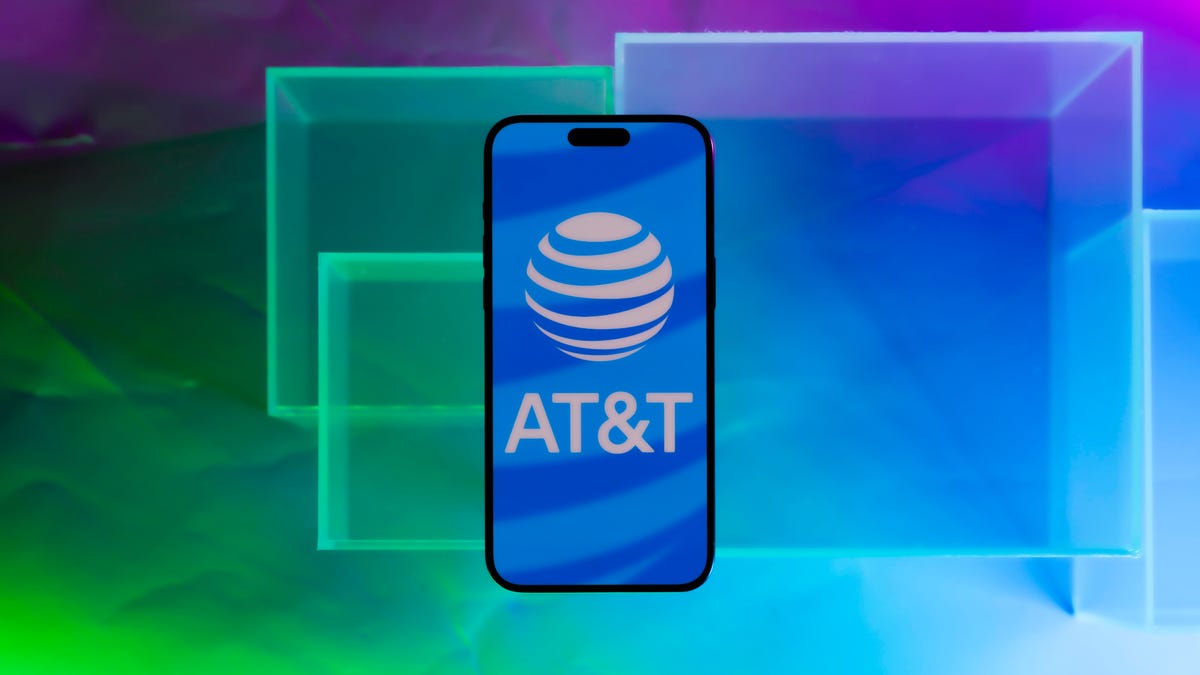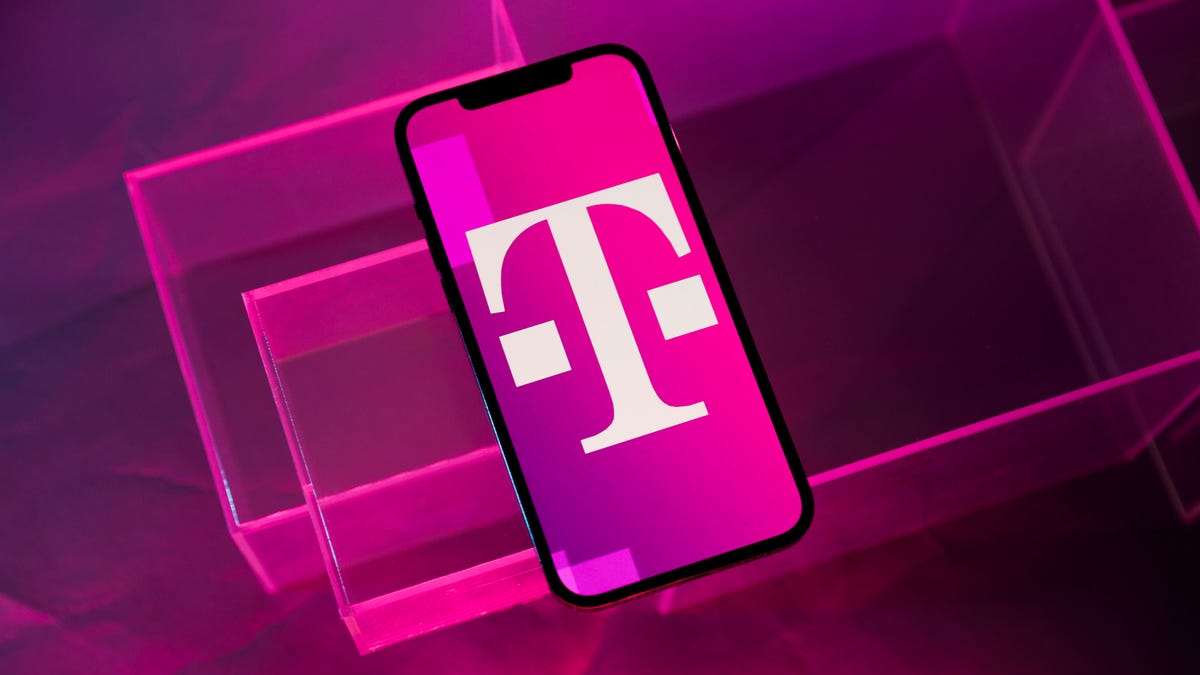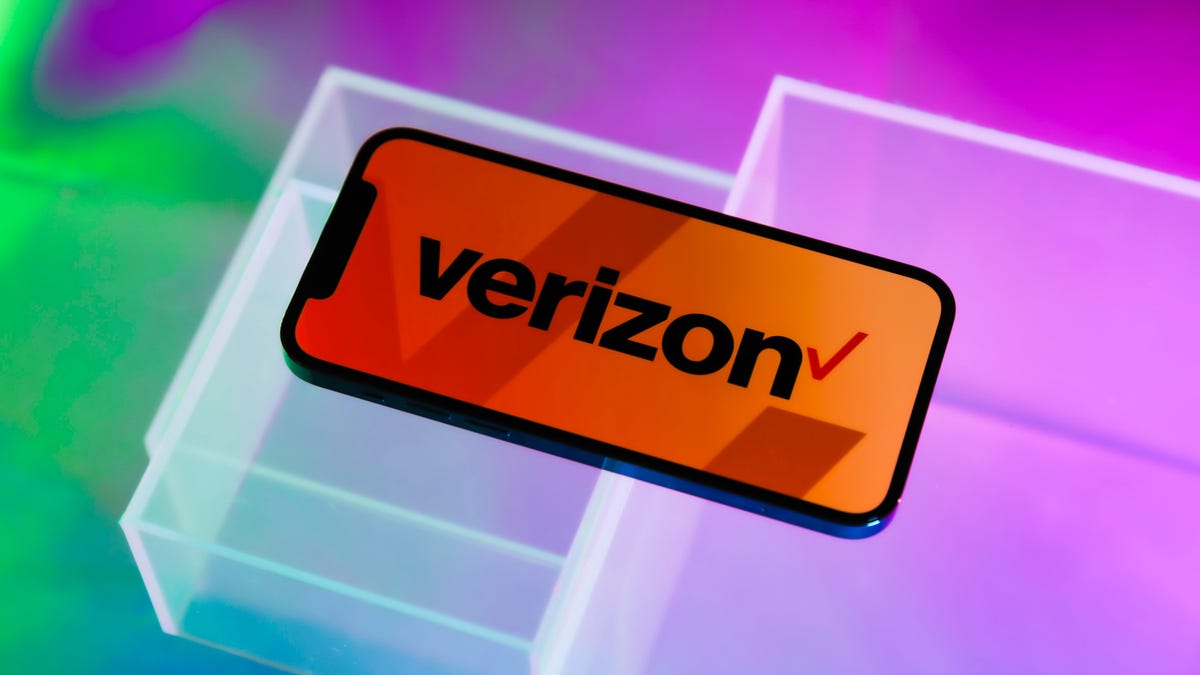
Using any modern website, app or service in 2024 means your data is almost assuredly being collected in one way or another. Telecom and broadband providers, in particular, can gather plenty of information about you. Regardless of which apps or websites you frequent, you still need to connect to the internet to use them.
This month T-Mobile quietly began rolling out a new tracking method called "profiling and automated decisions." Spotted by Reddit and The Mobile Report, the new option is enabled by default and while the company says it isn't using information gleaned from it today, it could be used later on for "future decisions that produce legal or similarly significant effects about you."
But the self-proclaimed "un-carrier" isn't alone. All three major US wireless providers collect data, here's what they gather and how you can turn it off. It is also worth noting that some of this you should want to keep on, particularly identity verification.
While we're focusing on the three main wireless carriers that make up a bulk of the US wireless market, it is likely smaller providers and even home internet services are engaging in similar collections. Heading to an account's profile or privacy page should help you figure out what is being collected and how you can adjust it.
 James Martin/CNET
James Martin/CNETAs we mentioned above, T-Mobile is not the only one collecting data about how you use their services. You can check your AT&T privacy settings by logging into your account and going to Profile followed by Privacy Choices.
The carrier has four main privacy toggles: Personalized Plus: This setting "uses data like web browsing and precise location for customization" including for offers and ads. This data includes your precise location, web browsing, viewership history, apps as well as data AT&T collects from advertisers like demographic information, ZIP code and age ranges. The carrier says this data "does not access or use the contents of your texts, emails or calls."
Of the four, you can easily toggle off all settings, though I would recommend keeping identity verification on for all lines on your account.
 James Martin/CNET
James Martin/CNETT-Mobile's privacy options are a bit more varied. To access the company's Privacy Center, log into your T-Mobile account and then click My account in the upper right corner, followed by Profile. From there scroll all the way to the bottom and select privacy and notifications and privacy dashboard.
From there you will see the following:
Of these options, I would recommend turning all of them off.
In addition to the dashboard, T-Mobile's Privacy Center website details something called "phone privacy." T-Mobile says that it uses information gathered from here to "identify offers for T-Mobile calling plans, protect against fraud, and respond to emergencies" but that under this policy it is not collecting "your name, address, phone number or the content of your phone calls." It also says it's not sharing this data with other companies so that it could "help them market their stuff."
 James Martin/CNET
James Martin/CNETLike T-Mobile, Verizon has a host of different options when it comes to privacy. This can be found by logging in, clicking on account then account overview. From there, select edit profile and settings and choose manage privacy settings.
From there you will see the following:
There is also a Custom Experience tab that lets you reset your Custom Experience and Custom Experience Plus options, and doing so will have Verizon "stop using the web browsing and location data" that it previously collected as part of the program.
Of all of Verizon's options, I would recommend turning off all but Identity Verification. That should remain on.